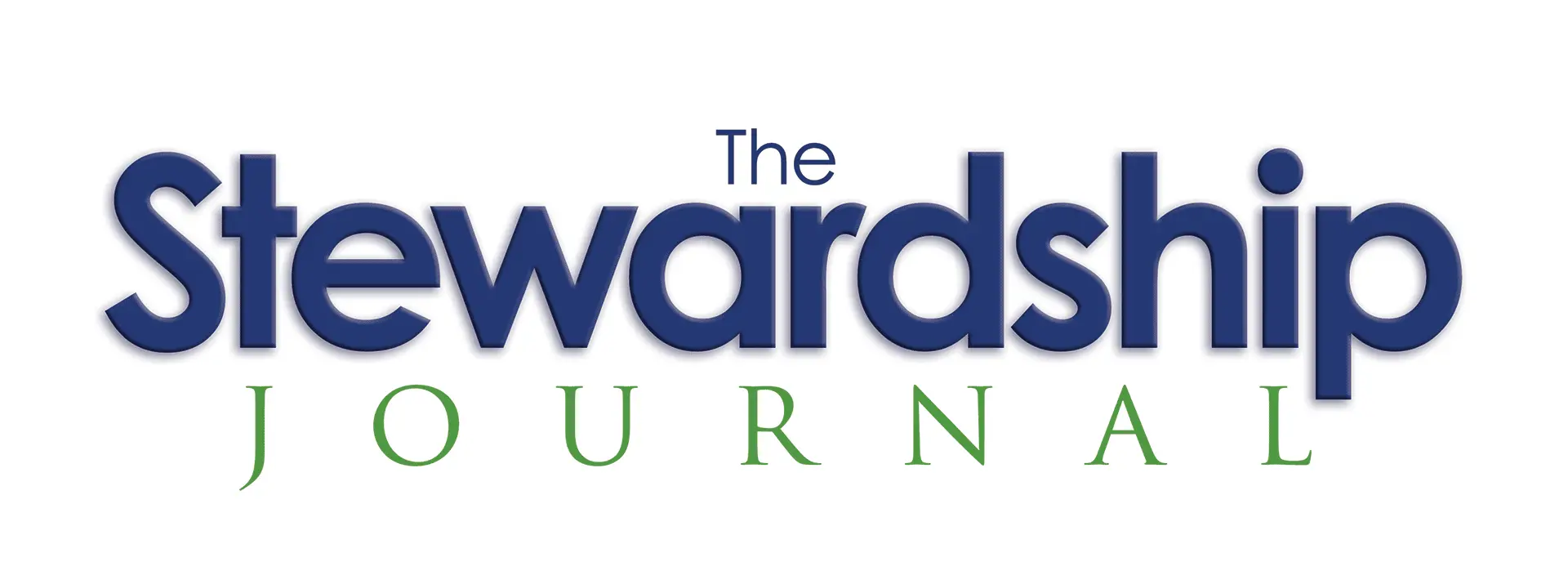What are some of the top mistakes that churches make when it comes to stewardship? Are you guilty of any of them?
I asked those questions at the start of my 2012 book, The Top Ten Stewardship Mistakes Churches Make. Recently I was reviewing my files when I came across my rough draft of this book. It made me wonder if the same mistakes are being made ten, plus years later. So, this Coach is entitled Revisiting the Top Ten Stewardship Mistakes Churches Make. The key question is, are you guilty of any of them?
Here is the list by chapter and a brief description of each mistake.
The Disconnected Pastor – In nearly twenty-five years in the stewardship ministry, I have found that the lack of pastoral involvement in stewardship is the number one reason churches fail to realize their potential in giving.
Failing To Ask – To avoid offending the crowd, many churches never make the “ask.” As we have seen, pastors desire to avoid what they think is the uncomfortable issue of money, swing the pendulum in the other direction, and never ask for money. What results is a decline in giving.
Falling To The Fear Factor – We have spawned a generation of pastors and churches who shy away from ever talking about money. One of the biggest reasons is fear! No pastor wants to be “that pastor” who always talks about money. So, as a result, the pendulum has swung far in the other direction. We now go out of our way to avoid any talk of money.
Asking To Fail – Given that so many churches fail to ask, it might surprise you that a major stewardship mistake is that when churches do ask for money, they do it in a way that leads to failure. I find that we in the church world use guilt all the time. It is amazing that we celebrate and sing about grace and then turn right around and try to guilt people into serving or giving. When it comes to stewardship, guilt is the wrong method to use to increase your offerings.
Lack of Planning – You can ask the typical pastor to give you a plan of action for just about everything under the sun, and they will lay it out for you. Yet if you ask what is your plan for stewardship, most will struggle to give you any kind of answer. The sad reality is that most churches have no set consistent plan of action toward increasing funds for their ministries.
Business As Usual – We’ve never done it that way before. Those seven deadly words have killed church growth more than any other statement. We live in a fast-changing world, yet the church is always the last to catch on or catch up. Churches are infamous for doing what they have always done. That business-as-usual attitude is one reason why giving to the church steadily declines.
The Lack of Diversification – One of the mistakes most churches make is limiting how their members and attendees can give to their church. You have missed your opportunity to give if you are absent when the offering plate is passed. The lack of diversification in giving options is one of the killers of giving in our times. It is a huge stewardship mistake.
False Assumptions and Unrealistic Expectations – Churches often have false assumptions and unrealistic expectations regarding how much they can raise for their annual budget and capital stewardship campaigns. False assumptions and unrealistic expectations will cause you to miss projections and promises and ultimately cause you to lose future funds. Why? Your donors will lose trust in what you say, causing a decline in giving.
The Lone Ranger Mentality – Most churches rely upon their counsel regarding stewardship. They have a DIY approach to raising funds. Too often, a church doing its own campaign will make fundamental mistakes that ultimately cost them thousands of dollars.
Donor Mismanagement – There are two basic ways churches mismanage their donors. First, they treat all donors the same. Secondly, they fail to show appreciation to those that do donate. While it is true that our members should give to be obedient to the Bible’s commands, we can nonetheless make giving less enjoyable and, in the end, less profitable by mismanaging our donors.
A lot has changed since I wrote my book on the top ten stewardship mistakes churches make. However, after reviewing this list, I would contend that, for the most part, all ten are still in existence today. I believe that we are better diversified in how people can give. We have Covid to thank for finally pushing churches out of their Sunday-only mentality of the offering. Other than this, I find the same mistakes continually made by church leaders.
My question for you is, how many of these are you and your church guilty of? Then the next question is, what do you intend to do about it? It’s past time we stopped kicking the can down the road, hoping giving will improve next week. If we keep doing what we have always done, we will not get what we always got. Unless you address these ten mistakes, you will be in danger of failing to financially support your church.
According to Thom Rainer, 20 churches a day close in America. I believe those churches regularly made all ten of these mistakes. Those mistakes helped hasten their closure. Don’t ever think that this could not happen to your church. As I always say, the church that survives into the future is the church that prepares for the future today. Avoiding these ten common mistakes will help give you a better chance of surviving in the future.
And pastor, it starts with you! Check out my Bonus Section for more thoughts on the pastor’s role in stewardship. You, pastor, are the key to avoiding these ten mistakes. Let’s get you stewardship connected!

Mark Brooks – The Stewardship Coach
mark@acts17generosity.com
Missions and Ministry Moment (aka Offering Talk) – This week’s talk can be accessed afteryou register at: http://acts17generosity.com/simple-file-list/Offering-Talks/2023-53-Talks-for-53-Sundays/August-13th-Is-It-Worth-the-Cost.pdf

